An European initiative is building a framework of evidence-based and effective practices to enhance the preparedness of professionals managing terrorist and extremist offenders.
An important part of preventing terror attacks indirectly falls under the responsibility of prison and probation administrations. Together with community stakeholders, they have the mission to support the successful disengagement and reintegration of convicted terrorist and extremist offenders.
Given the complexity of these processes, they require substantial research to develop and select the best practices and training to enhance the success of the practitioners involved.
The EUTEx project is born to fill a gap in knowledge and training present in the rehabilitation and reintegration processes of these offenders.
This initiative is building on European knowledge and skills in the management of terrorist and extremist offenders aiming at a long-term increase in security in Europe. The consortium is creating a framework to support disengagement and reintegration by summoning the best expertise in the relevant fields.
The project’s first public event gathered experts to identify the various challenges for authorities and practitioners in this area and discuss the ways forward. The live online event titled “Working reintegration of extremists and terrorists” happened on April 4th, 2022.
Prominent speakers at the event included the Austrian Minister of Justice, Dr Alma Zadić. The Minister opened the conversation with a focus on rehabilitative efforts: “The task of reintegration is as important as it is challenging. The penal system cannot erase the offenders’ past or their experience. But it can support offenders to develop skills, attitudes, and behaviours that will help them to stay out of prison”.
Minister Zadić reinforced the need for transnational cooperation and networking that allow the exchange of best practices and research findings.
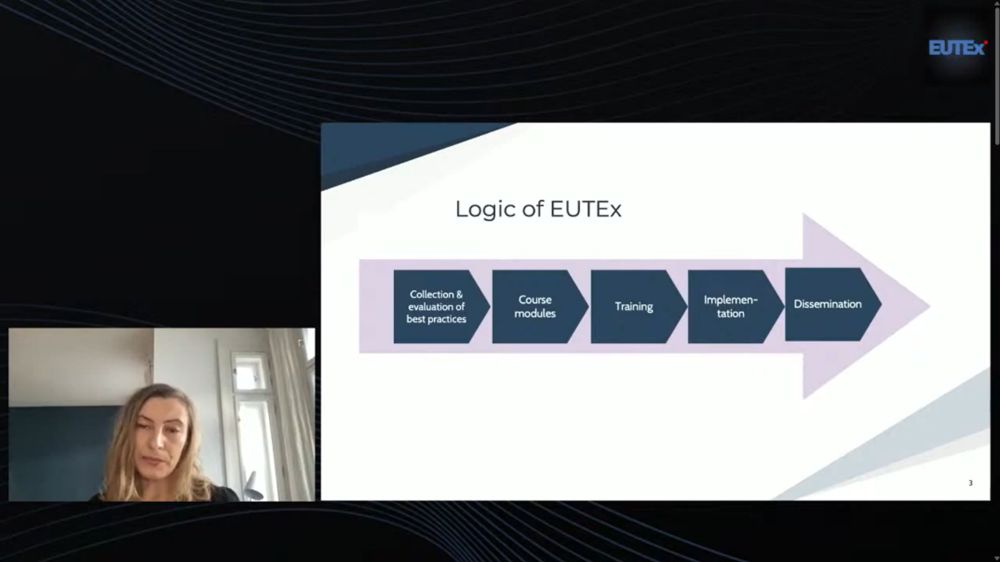
Professor Andrew Silke of Cranfield University, who held the keynote speech, summarised the challenge of disengagement as the search for the answer to two key questions:
– Why do people become involved in terrorism and violent extremism?
– Why do people cease involvement in terrorism and violent extremism?
The expert underlined the distinction between deradicalisation and disengagement, pointing out that the latter is the metric that should be used to evaluate practices. He also provided helpful insights on risk-assessment tools and strategies.
The discussion panel broached more challenges on the way of successful disengagement and reintegration. These included several themes, such as the training needs of prison and probation staff or the particular challenges of working with the families of foreign terrorist fighters returned from Syria.
A live stream recording of the complete discussion is available online.
Recently, EUTEx also organised a Living Lab event in Madrid (May 24th-25th, 2022). This Living Lab consisted of a collaborative exercise bringing together first-line practitioners and policymakers from different countries.
The goal was to identify needs, challenges, and solutions related to two important issues: Managing the transition for inmates leaving prison (the prison-exit continuum) and multi-agency cooperation in the field of disengagement, deradicalisation, and reintegration of extremist offenders.
The ideas and discussions contributed by the participants will feed into the framework that the project is developing.
This Living Lab came after the first Steering Committee Meeting of the consortium in Vienna on May 4th. Project partners got the opportunity to work together and discuss critical milestones and the upcoming tasks within the initiative.
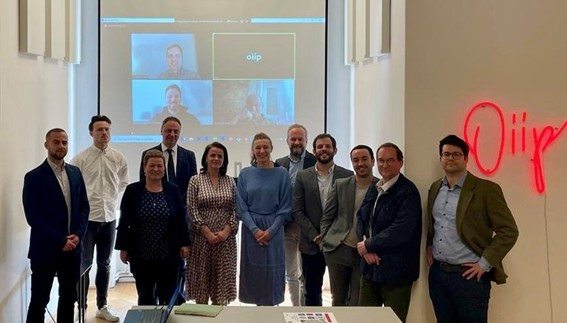
Know more about this project

EUTEx
Developing a European framework for disengagement and reintegration of extremist offenders and radicalised individuals in prison
The EUTEx project is led by the Austrian Institute for International Affairs. Partners include IPS_Innovative Prison Systems, the Bremen Senate of Justice and Constitution (Germany), Elcano Royal Institute (Spain), Transform (Sweden), Institute for Democracy and Mediation (Albania), Scenor (Austria), the Federal Ministry of Justice of Austria, the Ministry of Education, Science and Technology of Kosovo, European Strategies Consulting (Romania), Neustart (Austria), the Centre for the Study of Radicalisation and their Treatments (CERT – University of Paris, France), and the Partners Kosova Center for Conflict Management (Kosovo).
For further information about this project, please visit www.eutex.eu
Related projects
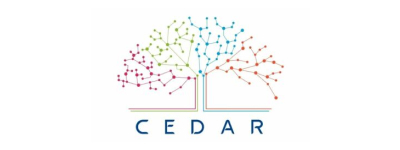
CEDAR
Continuing Education Against Radicalisation

COOPERHATE
Delivering a comprehensive approach to preventing, reporting, investigating and prosecuting hate crime and hate speech-related incidents in Portugal

DIGIDEM
Fostering Digital Democracy and Citizenship in Higher Education

FUTURE-ART
Sentinels of the Future: Together to Eradicate Human Trafficking
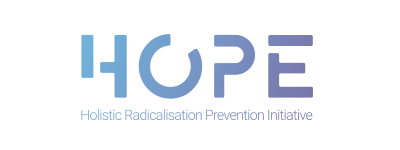
HOPE
Holistic Radicalisation Prevention Initiative (Balkan countries)

IN2PREV
Law enforcement and community cooperation and training approach to prevent radicalisation by ensuring refugees’ successful inclusion
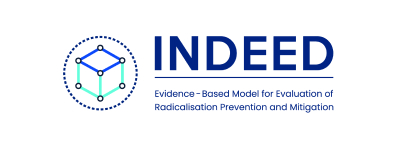
INDEED
Strengthening a comprehensive approach to preventing and counteracting radicalisation based on a universal evidence-based model for evaluation of radicalisation prevention and mitigation

INTEGRA
Integrated Community, Probation and Prison Services Radicalisation Prevention Approach

KOBAN
Identifying future capabilities for Community Policing

MIRAD
Multi-Ideological Radicalisation Assessment towards Disengagement
Related news
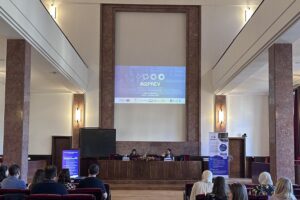
IN2PREV Final Conference highlights cross-sector collaboration for refugee inclusion and radicalisation prevention
Read More »
Standing united against hate: A national effort to prevent and tackle hate crime and hate speech in Portugal
Read More »
New IPS-led initiative unites efforts to protect religious communities, schools, and places of worship
Read More »
IPS contributes to shaping EU’s future agenda on radicalisation prevention at Brussels Town Hall meeting
Read More »
Advancing rehabilitation and countering contemporary extremist threats: IPS at the EU Knowledge Hub on Prevention of Radicalisation Thematic Panels
Read More »



